Preparing for a negotiation is a more deliberate activity than it first appears. Often, we focus on our objectives, glance at our context, and expect another’s interests to align with ours for a common solution. Our blinders are so deeply attached that they are usually invisible.
Anticipating an Uncomfortable Day
Much of my career involved handling pricey technology designed to provide unique customer value. Contracts included guarantees and, when products were new and untried, additional provisions to encourage a customer’s use and protect against potential failure.
While responsible for a business in Saudi Arabia, I managed a new product contract negotiated by my boss. The product offered to resolve a severe limitation in the customer’s equipment, suggesting significant value. The negotiations with this long-time customer, and sister company, had been cautious but transparent.
The new product operated well for a time, then failed spectacularly. The impact on the customer’s operations grew to exceed the contract provisions. We honored the contract measures, agreed to extra steps, and confidently left out-of-contract details for later resolution.
They answered initial inquiries regarding those details, but the typically courteous Saudi responses became infrequent. Later became someday; someday became never. Our CEO escalated to our joint board of directors. Eventually, our CEO indicated that the board had worked it out and instructed me to go and settle.
With a ready acceptance from the customer’s president for a meeting, I traveled to their site, anxious but clear about the task ahead. Upon arrival, a secretary ushered me into an unfamiliar, empty room. After sitting for a spell, the president entered and mumbled a curt greeting.
I opened the conversation with my own greeting and a few words describing our objective.
Preparing for What You Imagine
We examine the context of a situation and prepare for various scenarios. Our old brain subconsciously generates ‘flight or fight’ responses; many years ago, the automatic generation of these alternatives ensured survival. More recently, we created societies and needed new skills, as neither flight nor fight proved useful when approached by an authority.
Our actions generate responses from others, changing outcomes. Alternative scenarios can be good or bad and be the result of intention or oversight. A skill needed for any of today’s negotiations is a sense of clarity for options such as that presented by an official notice from the federal tax office.
Visualizing Layered Scaffolding
Possible alternatives play out within frameworks: how we perceive our context; how we structure and communicate our ideas. A frame of reference guides the integration of mental, interpersonal, and social toolkits during negotiation.
The more people, the more frameworks multiply. One of the most common frames arises from hierarchy: a system to manage complexity; to organize the ‘what’ and ‘how’ of doing something complicated. Negotiators require skill in imagining different frames.
Engagements Surface and Change Positions
A negotiation resolves various alternatives and possible frameworks. A party engages with positions that reflect the interests they are trying to advance. Interests are the motivations for positions: we are interested in a better product, so we propose that our companies form a joint research effort.
Positions can change, and delivering to underlying interests is the goal. Yet, we naturally and unconsciously focus on a party’s negotiating position when a position is only one possible solution to some underlying interest.
-- --- ·-· ··· · -·-· --- -·· ·
I never completed that first sentence about the purpose of the meeting. The president launched with condemnation and revilement. They had suffered significant problems and enormous cost: he felt betrayed. I spoke a few words in a vain attempt to engage. After an hour-long offensive, he charged out of the room. The engagement was over.
Minutes passed, and no one appeared to accompany my departure. After a time, I found my way out of the building, off the site, and back to the hotel. A calculated insult of inhospitality, adeptly delivered, and part of a wholly different negotiation occurring well above my pay grade.
Negotiators Navigate by Pondering Interests
I misjudged that our primary interests were similar due to the board intervention and my CEO’s instructions, and prepared poorly. I let someone else frame the negotiation, unconsciously easing my burden, and missed obvious interests. A successful negotiation focuses on interests more than positions, considered during preparation, and tested in engagement.
Sometimes the most obvious things are right in front of you! https://youtu.be/mGe0t4xVvX4

